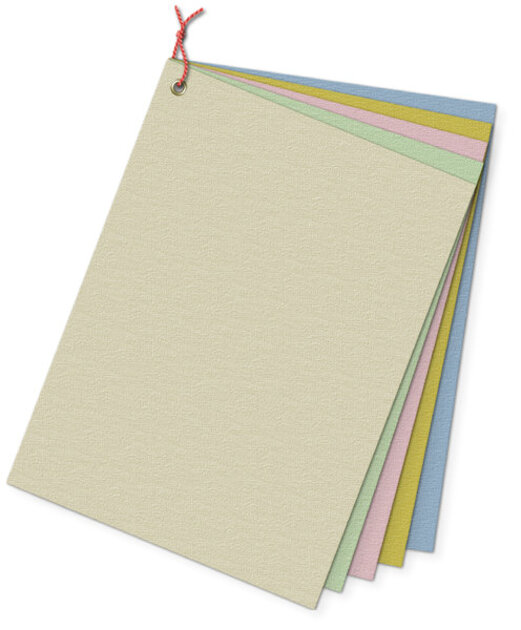
Our Gemara discusses a particular kind of signet, used as an identifier, known as a Dyu-Koni, which seems to consist of some unique emblem or picture. The words Duo-Koni likely comes from the Greek word, icon, and Du is two. So perhaps a double image, or an image on two sides. (Shall we say, Du-Coin, double coin?)
The Dyu-Koni is used in many instances particularly to connote a human form. For example, the Targum Yonasan on the verse (Bereishis 1:27) translates Man made in God’s image as “Be-Dyo-Kanei”, in God’s signet or form.
This Greek word, as with many Greek words in the Gemara, are also mnemonically related to Hebrew words that sound similar, such as Apotekai or Prozbol. They are given Hebrew roots, even though they are Greek words. Thus Shalah (Toldos Adam, Beis Yisrael, 4) and Nimukei Yosef on our Gemara) explains that the word comes from the human form, and means Du-Kono, second to his Maker, ie. Man made in God’s image.
What is the meaning of Man being made in God’s image? God has no body or form: “You saw no form at Mount Sinai, only a voice.” Devarim (4:12). Therefore when the scripture describes Man as mad in God’s image, it means to say by way of metaphor, some quality of similarity to God.
Rashbam dodges this problem by interpreting the image in the verse as not referring to God, but in the images of angels. As we do know, angels have some bodily form, as described in the visions of Yeshaiyahu (chapter 6) and Yecheskel (chapter 1).
Rashi (ibid) and Rambam (Moreh I:81, Yesode HaTorah 4:8) understands the similarity to God is in Man’s intellectual capacity. The ability to reason and discern and not merely follow instincts, as an animal would do.
Meshech Chochma (ibid) emphasizes a more specific quality, that there is the ability to engage in free moral choice.
Rav Saadia Gaon (ibid) translates this quality as the ability to have dominion and authority over the other creations. Rav Solovetchik (Ish Emunah Haboded, pg. 14) describes this as Man’s creative quality to master and build and shape the world around him. Man can conceive of something in his mind, and then act to create it. Similar to this, Michtav Me-Eliyahu (I p. 32) says only Man can be generous and charitable, doing kindness for others altruistically. (Dogs are very loyal and devoted animals, but I suppose Rav Dessler held that this is instinct and not moral choice. The animal instinct models a form of behavior that Man can consciously and willingly adopt, see Eiruvin (100b) and Mishle (chapter 6) where various traits are learned from different animals (cats, ants and doves), such as fidelity and conscientiousness. But these represent models and not morality, at least for the animals.
Maharal (3:14) explains that all humans have a spark from God inside us. Likkutei Torah (Acharei Mos 1:4) based on the Zohar, derives this from the verse (Bereishis 2:7) that says “God blew into Man’s nostrils, the breath of life.” If we stay true to the metaphor, the Zohar notes that when someone blows into a vessel, the breath comes out of him and enters the receiving object. God literally blew something from Himself into Man. Each human can find the Godly in himself, because it was put there.
I believe this explains the Midrash regarding Yosef in a deeper light. We have a tradition (Sotah 36b) that Yosef was able to overcome his lust at the last moment because he had a vision of his father appearing to him. The word used there is also “Dyo-Kono”. The simple reading is he was reminded of his father’s standards, and that may well be, but he also was reminded of the standards of his Father in Heaven. Likkutei Maharam (150) rejects that this was actually his father appearing telepathically, and says it hints at Yosef having some form of divine encounter. Yosef saw the Godly in himself, and this strengthened him to rise above his animal instincts.
Source:
https://etzion.org.il/he/philosophy/issues-jewish-thought/topical-issues-thought/image-god

 Previous
Previous
